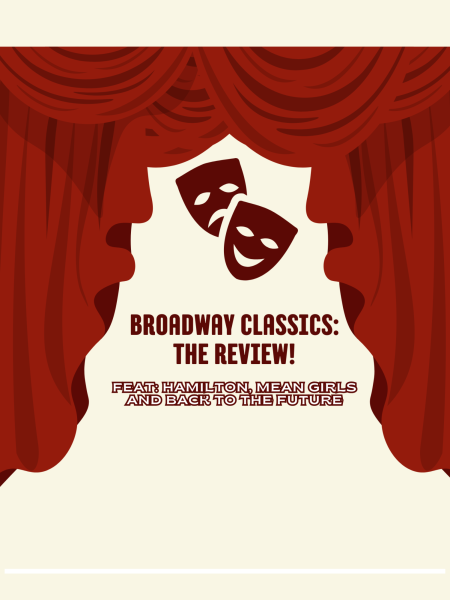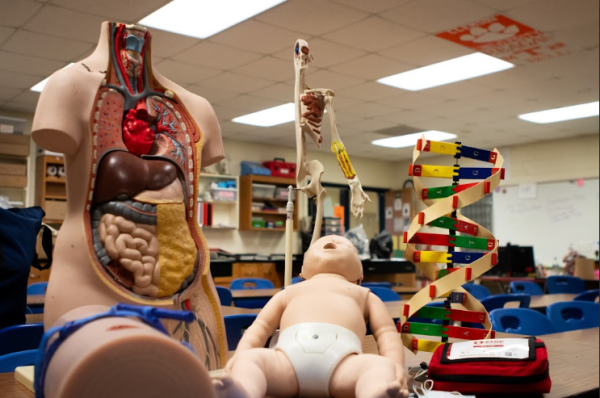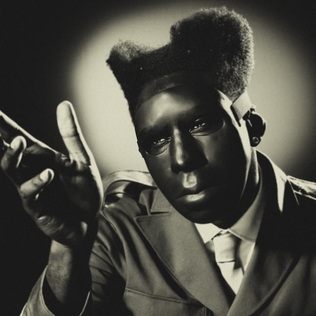Groundbreaking year for representation in Hollywood
From ‘Black Panther’ to ‘Crazy Rich Asians,’ 2018 has been a win for minority representation in the movie industry.
Since the beginning of the year, the world has flourished with films and movies. In just the past six or so months, we’ve been blessed with billion-dollar blockbusters like Black Panther, intense thrillers such as A Quiet Place and quality romcoms like Crazy Rich Asians.
While they serve as amazing entertainment, they also serve a higher and better purpose: Representation.
Representation has been an ongoing battle since plays, black and white silent films and the concurrent white washing and black/yellow/brown face.
The absence of representation has caused more harm than the represented could ever imagine. Jim Crow Laws are a prime example. Most Americans, if not all, know what Jim Crow laws were: the legal, public segregation of white people and people of color, mainly African-Americans. However, the name “Jim Crow” was inspired by performances in the 1830s by a white actor in blackface who pretended to be a slave named Jim Crow.
However, harmful misrepresentation isn’t just a thing of the past or so straightforward. Just a few months ago, Scarlett Johansson, a white cisgender actress, agreed to play a transgender character. Obviously, the issue is that Johansson is not a transgender person. The movie was not greenlit because of the backlash from the LGBTQ+ community, but the fact that she was an option at all is terrifying.
In respect to the trans community, I feel responsible for explaining why casting a non-trans person to act as a trans character is unacceptable.
A cis actor cannot possibly know the experience of a trans person (dysphoria, coming out, discrimination, etc.), especially in Johansson’s situation. Casting a cis woman as a trans man tells us that they are the same, when they aren’t. Trans men are men, not women. Trans women are women, not men. It’s not something debatable; it’s a fact, yet it’s not something Hollywood is willing to admit. Plus, giving a role to a cis actor takes that opportunity away from a trans actor who could represent the character better.
Johansson’s recent debacle isn’t the first time she played a character she had no business playing.
Last year, she was casted to play Motoko Kusanagi, a Japanese cyborg, in Ghost in the Shell. Again, the issue is that Johansson is not Japanese. She has zero Japanese or East Asian ancestry. Her casting told the world that we can slap a black wig on a pale white person and call them Asian. Don’t ever forget — we cannot.
All of these situations are explicit examples of the dangers of misrepresentation. While it may be difficult to discuss, it’s important to reflect on our history so we know how to progress instead of trying to make it “great” again.
Let’s ignore America’s past transgressions for a few paragraphs and focus on our present and our future.
As I write in the year of our Lord (Beyoncé) 2018, Crazy Rich Asians (CRA) is currently dominating theaters and has reached more than $160 million in the box office in its fourth week. CRA is a book-turned-movie written by Asian writers, set and filmed in an Asian country (Singapore), directed by an Asian director and portrayed by a completely Asian cast.
CRA is a groundbreaking movie for multiple reasons: CRA had a plethora of three-dimensional characters with different motives, values and mindsets, it was a box office hit, meaning it appealed to everyone, and it’s opening the industry to inclusive films.
This allows all Asians to finally see themselves represented as something other than the nerdy sidekick, a kung fu fighter or the charity case who speaks broken English, and it offers a perspective non-Asians may not have experienced before. It normalizes Asian existence.
Another great example of normalizing Asian existence is the summer Netflix hit To All the Boys I’ve Loved Before. This movie was a coming of age, teen romcom that is unproblematic, fully loving and comprehensive. It also contains a young female Asian protagonist whose identity isn’t exploited. She lives a relatable life — pining over her love interests, daydreaming hypotheticals that would never happen and avoiding awkward situations by climbing out her window. In small moments, she celebrates her culture by drinking her “Korean yogurt drink” (also known as Yakult) but it isn’t her main characterization. Her relatability, like CRA, normalizes East Asians for non-Asians by showing a realistic, human side. It also allows for Asians to see themselves as a realistic, human people. That validity is worth more than the entire industry.
Entertainment has always been a reflection of society. For centuries, it’s been used to emulate one version of society. Now, we are striving for a better version, a more accurate version. But, we’ve still got ways to go.
There are so many stories that are being mistold and misinterpreted, stereotyped and labeled. We need to start including people with darker skin, disabilities, LGBTQ+ identity, religious affiliations and other misrepresented races and ethnicities such as Native Americans/Indigenous and West Asians.
Your donation will support the student journalists of East Mecklenburg High School. Your contribution will allow us to purchase equipment and cover our annual website hosting costs.







